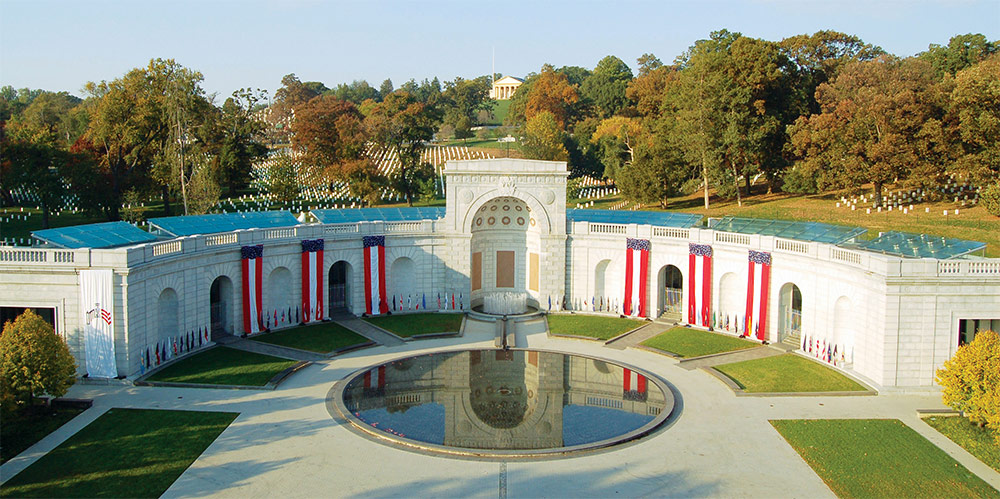was the director of nursing at a large long-term care facility in Gainesville, Florida, when we were directly impacted by a major hurricane on Labor Day weekend in 2004.
We lost electricity and our back-up generators could only power essential equipment via outlets in the hallways, causing us to move our most critical residents, whose care was dependent upon electricity, into the corridors.
It was early September in Florida and the building had backup lighting but no air conditioning. Members of our staff who were not at the facility were home dealing with the damage or out of town on vacation for the holiday weekend. An incredible team of staff and volunteers worked around the clock to ensure our elderly residents received the best possible care. After four long days and nights, the power was restored. We all breathed a sigh of relief and congratulated each other that not a single person in a 154-bed facility had suffered any ill effects.

Today, as the president of the Women In Military Service For America Memorial Foundation, Inc. leading the organization through the unknowns associated with COVID-19, I’ve found myself reflecting upon the premise that servant leadership matters, especially in the midst of a crisis of any length. I began this role in September 2019 and was just getting my footing when COVID-19 hit hard in the Washington, D.C., area. I felt myself once again being called upon to forge a path through a crisis and to ensure the health and safety of everyone who looked to me as a leader.


You may not feel you are a servant leader, but if you lead with a sense of purpose to care for your team as completely as you do your customers, then you are doing it right. By demonstrating that you truly care about your team, your team will gladly follow you. Never be afraid to wear your heart on your sleeve. Your team will trust you and work side by side no matter how large the crisis.
